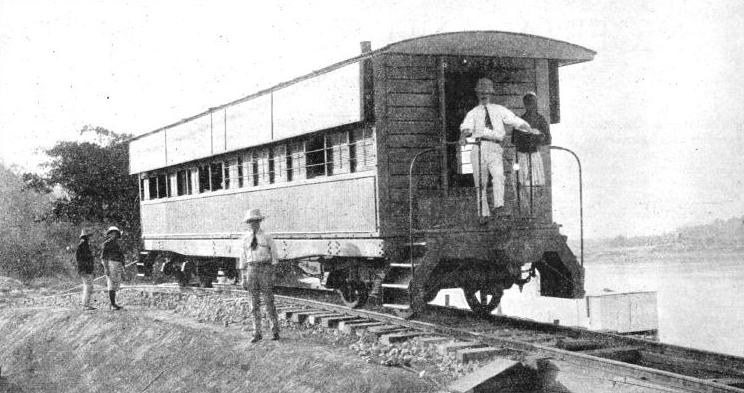I am writing these lines in my hotel room, somewhere in central London, on Tuesday night. I am visiting the British capital for a few days. I took the Heathrow Express train to Paddington station on Sunday afternoon and was inevitably made to think about what became of the Nigerian Railways and all that we missed with their near extinction.
I am very much a child of the period when the trains moved in Nigeria, and that much I have written about severally. As Editor of DAILY TRUST newspapers, I wrote at least three editorials at different points, including a front-page editorial, seeking for national action to revive and modernise Nigeria’s railways. The arguments for the railways are always compelling.
A national railways system is one of the most important economic projects in any country and are often very central in terms of the multiplier effects they have on economic life: transportation of people, goods and ideas; the employment of thousands of working people; the knitting together of the country and especially a vast one like Nigeria and the roles which the institution can play in other social sectors from housing, heath care to sports!
So important is the railways to India, for example, that the railways budget is the first item of expenditure which the Indian parliament debates annually! And who can talk about the huge country, without the importance of the Indian Railways?
Colonialism created the Nigerian Railways at the beginning of the 20th Century to extort raw materials for the industry of metropolitan British imperialism as well as to take the products of British industry into hinterland markets within colonial Nigeria.
The railways were an amazing technological feat which were constructed with the labour of Nigerians, many of whom also lost their lives in the effort. There are old copies of NIGERIA MAGAZINE and the multi-volume HISTORY OF THE NIGERIAN RAILWAYS in my library that I still read, on those pioneering endeavours. Those trains took Nigerians around their country and significantly, many of those who would impact on our lives, were born away from their home areas as a result of the railways.
NnamdiAzikiwe was born in Zungeru; Cyprian Ekwensi in Minna and the writer Biyi Bamdele in Kafanchan. The trains that were constructed to aid colonial exploitation also conveyed people with anti-colonial ideas around Nigeria, helping significantly to develop the anti-colonial consciousness that led to the struggle for independence. It is this combination of factors that makes it so regrettable that Nigeria’s railways system was left to rot, until the recent efforts at their revival.
Now a modern line is being constructed between Kaduna and Abuja. We need to take the modernisation and construction of new railways around our country. The effort will dramatically impact positively on national development. As I rode the Heathrow Express these were thoughts that I turned in my mind.
And in Jigawa State, test transmission begins this week of the new Jigawa State Television. I have been part of the Technical Committee and now the Interim Management Committee, since March last year. The Jigawa State Government and Governor SuleLamido, committed to creating, arguably, the best television station in Nigeria.
The broadcasting complex in Dutse, the Jigawa State capital, is the very best of its kind in Nigeria. I was pioneer General Manager of Kwara State Television and and being familiar with the television infrastructure around the country, I think the job done in Jigawa has been outstanding.
They decided to go for the very best in terms of procurement and contracted the Pinnacle Communications/Harris combo to do the job. It is the successfully delivered job that we are test transmitting with effect from this week. Where there is commitment and honest intention, a lot can be achieved. In Dutse, Jigawa State, there is a significant shoot of broadcasting growth that we can be proud of!.


